Maine lobster fishery lost MSC certification over a recent biological opinion issued by the agency over right whale impacts
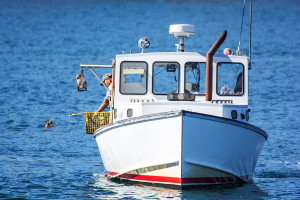
The U.S. Court of Appeals for the District of Columbia ruled today that NOAA, the lead agency overseeing fisheries, must vacate a previously released biological opinion that ruled Maine’s lobster fishery was in violation of the Endangered Species Act (ESA) for potential right whale interactions.
A 33-page opinion filed for the court by Senior Circuit Judge Douglas H. Ginsburg said that the ESA requires NOAA Fisheries to prepare a biological opinion that details how a fishery affects any endangered species and whether a federal fishery is likely to jeopardize the survival of a protected species.
“In this case, we decide whether, in a biological opinion, [NOAA Fisheries] must, or even may, when faced with uncertainty, give the ‘benefit of the doubt’ to an endangered species by relying upon worst-case scenarios or pessimistic assumptions. We hold it may not,” the ruling wrote.
The Center for Biological Diversity first sued NOAA in 2018 for failing to protect right whales. The lawsuit accused the National Marine Fisheries Service (NMFS, or NOAA Fisheries) of overlooking the impacts of the lobster fishery. In April 2020, the group won the ruling, which concluded that NOAA’s previous biological opinion on the lobster fishery violated the ESA.
As a result of the 0riginal ruling, the Monterey Bay Aquarium’s influential Seafood Watch program downgraded the fishery and gave it a red or “avoid” rating. Further, Maine’s lobster fishery lost its Marine Stewardship Council certification. Both decisions were thought to have major impacts on the fishery, yet only a small handful of buyers have publicly pulled the product, while others have voiced strong support. The client for the MSC certification later announced it would not seek reinstatement.
An appeal filed by representation for the Maine Lobstermen’s Association (MLA) ultimately found a measure of redemption for Maine lobstermen, who have said that their reputation has been tarnished by this saga.
“When the MLA made the decision to sue the federal government, we knew it wouldn’t be easy, but we refused to go down without a fight,” said Patrice McCarron, MLA policy director. “Today’s decision by the U.S. Court of Appeals is an overwhelming victory for lobstering families and the communities that rely on this industry, and it reaffirms what the MLA has been saying all along – the federal government does not have a blank check to use “worst case scenarios” and disregard actual data in its regulation of the Maine lobster fishery.”
“MLA is grateful for the panel’s thorough and unanimous opinion that exposes the flaws in the biological opinion that lobstermen have been emphasizing from the beginning – flaws that threatened to sink our entire fishery and devastate our livelihoods and our communities. While today’s decision is great news, our work will continue,” McCarron continued. “We all agree with the need to ensure a safe environment in which the endangered right whale can recover, and MLA is hopeful that this decision will force the National Marine Fisheries Service to go back to the drawing board to develop a plan that uses best available science and accurate data and, importantly, that will protect whales without eliminating the lobster fishery.”
Follow the Advocate on Twitter @GSA_Advocate
Now that you've reached the end of the article ...
… please consider supporting GSA’s mission to advance responsible seafood practices through education, advocacy and third-party assurances. The Advocate aims to document the evolution of responsible seafood practices and share the expansive knowledge of our vast network of contributors.
By becoming a Global Seafood Alliance member, you’re ensuring that all of the pre-competitive work we do through member benefits, resources and events can continue. Individual membership costs just $50 a year.
Not a GSA member? Join us.
Author
-

James Wright
Editorial Manager
Global Seafood Alliance
Portsmouth, NH, USA
Tagged With
Related Posts
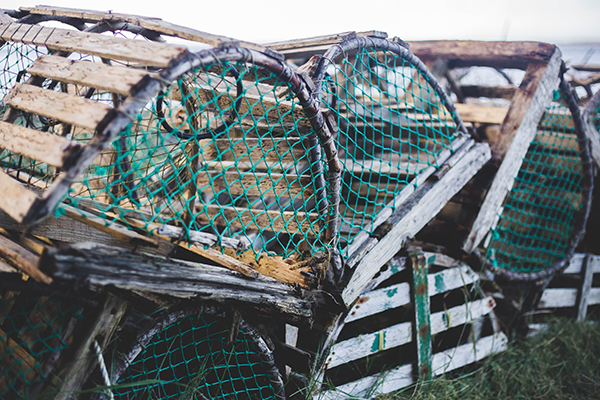
Responsibility
Maine lobster industry speaks out against Seafood Watch ‘red-listing’
Seafood Watch urged consumers to avoid products from the Canadian snow crab and U.S. lobster fisheries, due to right whale entanglement risks.
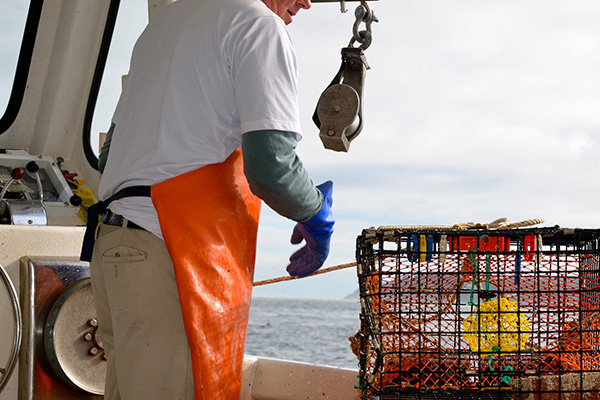
Fisheries
MSC suspends certification for Maine lobster fishery, enraging state’s political leaders
Maine’s governor and Congressional delegation say activists with an "axe to grind" led to the Marine Stewardship Council's decision to suspend Maine lobster’s certification.
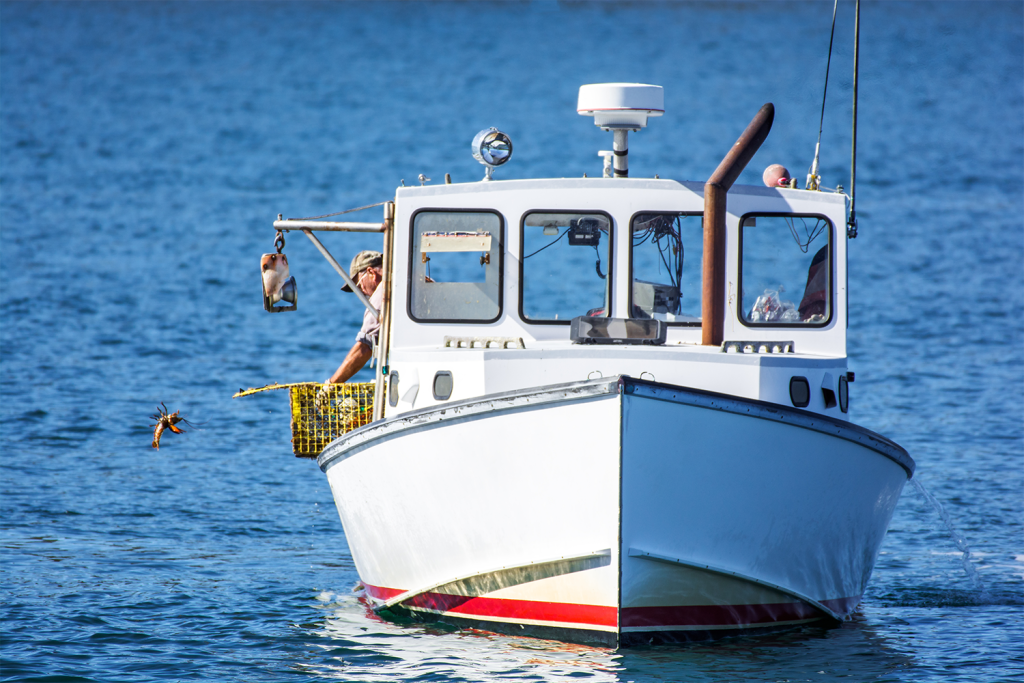
Fisheries
Balancing protection and production: Diving into the North Atlantic right whale conflict with lobster and crab fishing
A closer look at the conflict between North American fixed-gear fisheries and North Atlantic right whale protection measures.
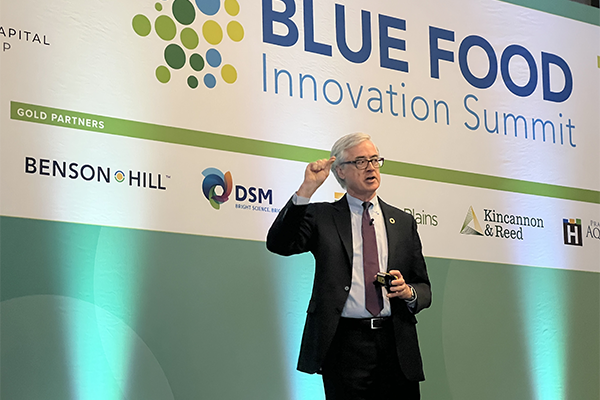
Innovation & Investment
Blue Food Innovation Summit a deep dive into ‘an agenda full of opportunity’
Attendees of the Blue Food Innovation Summit were urged to “raise the bar for what good production looks like" in fisheries and aquaculture.


